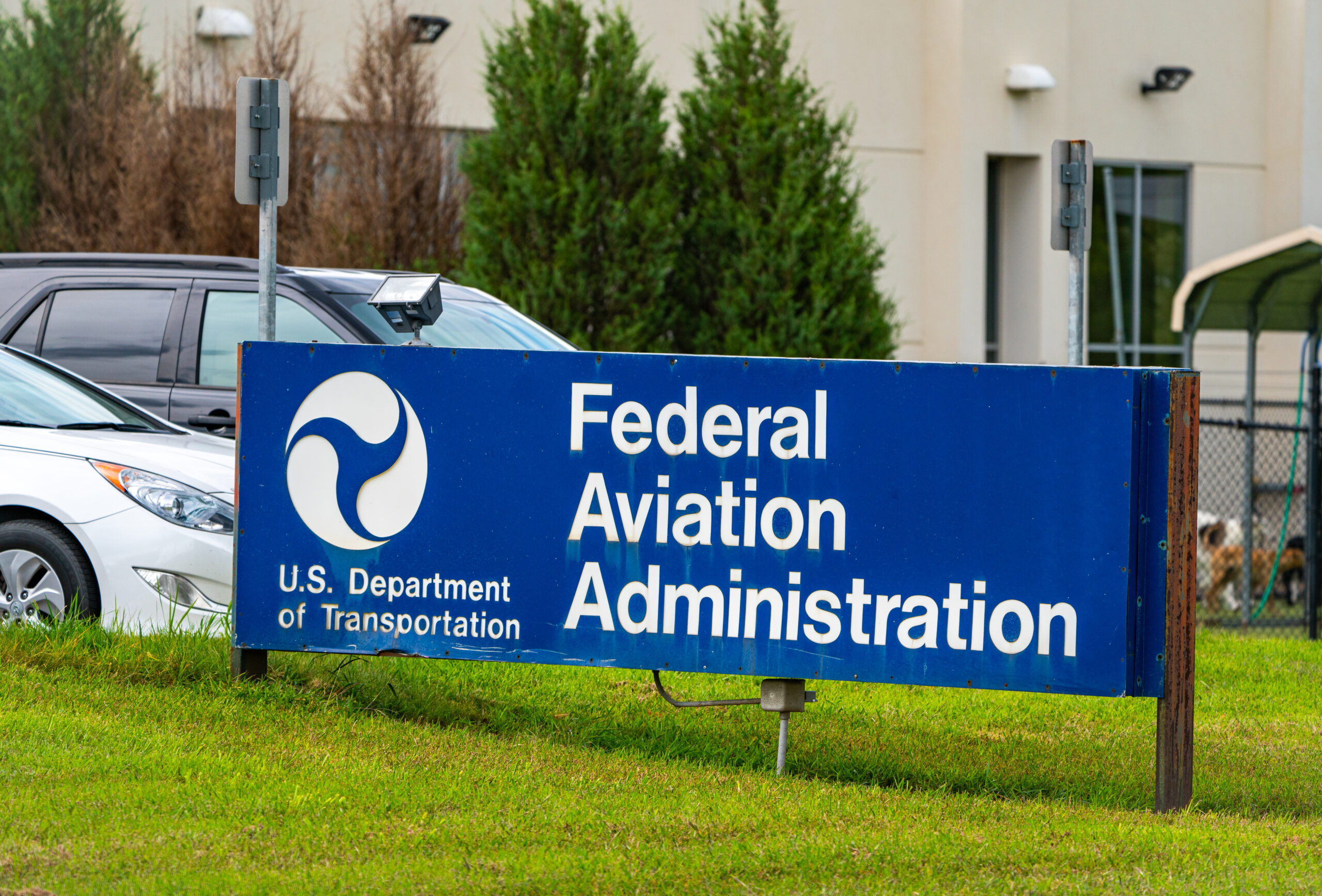Remote work and return-to-office policies are coming to a head, particularly in the government sector. The Federal Aviation Administration (FAA) recently postponed a plan for federal employees to return to in-office work three days a week starting in October 2023 after pressure from labor unions.
The Professional Aviation Safety Specialists (PASS) union, which represents 11,000 employees, said that the FAA’s policy change ignored proper channels, such as not providing PASS with an advance notice of the return-to-office announcement, not backing up data to rationalize the discontinuation of full-time, remote work policies currently in place, and failing to provide proper “feedback” channels for federal employees.
PASS filed a national grievance against the FAA one day after the FAA’s policy change announcement, alleging that the FAA “blatantly” violated their collective bargaining agreement and that the move “tramples on [their] contracts.” PASS claimed that FAA’s announcement was “arbitrary” and that telework policies “must be based on sound business practices, not arbitrary limitations.”
Two other federal unions which represent employees in the FAA, the National Federation of Federal Employees and National Air Traffic Controllers, also opposed the agency’s return-to-office policy change.
In an email, the FAA acknowledged the outcry from labor unions about the policy change. The email stated, “First, we will immediately increase our collaboration across the agency and with our labor partners as we gather input on the business guidance for managers to use when updating telework agreements.” It added, “Second, until more work is done, we will hold on revising any current telework agreements, except where driven by immediate business needs, and in accordance with collective bargaining agreements.”
PASS President Dave Spero reminded union members of the union’s stance on remote work, saying, “The FAA is required to negotiate with the union on this issue.”
The FAA is not alone in facing resistance to remote work policy changes from public employees.
At the federal level, the Social Security Administration (SSA) faced a similar dispute with the American Federation of Government Employees (AFGE) over return-to-office policies. AFGE, which represents 27,000 SSA employees, recommended maximizing telework policies, but the SSA decided to use a limited telework policy in April 2022.
AFGE Council 220 regional vice president, Angela Digeronimo, claimed at the time that the SSA was understaffed and telework would help recruitment efforts. She said, “We are severely understaffed, and we don’t have enough people to actually do the work.” Digeronimo added, “But by leveraging telework, you would be able to increase your staff and not have to increase your brick-and-mortar space.”
The SSA released a statement saying, “We provided our employees with ample notice of the reentry date and a week to acclimate before welcoming the public back.” The agency noted, “It is critical that we restore in-person services in our offices to ensure access to our programs. … We have thoughtfully planned and prepared for reentry.” The federal agency pointed out that it bargained the return-to-office plan with labor unions like AFGE “and reached signed agreements” to ensure “a safe and effective reentry.”
Then, over a year later in July 2023, the SSA and AFGE reached a tentative new agreement on issues such as remote work policies. The new language—still to be ratified—creates “temporary compassionate assignments,” permitting employees to temporarily relocate and work remotely for personal reasons (such as the death of a family member) and allows probationary employees, trainees, and employees with “minor disciplinary actions” to still telework. But AFGE did not secure further concessions related to remote work policy, and telework days remained between two to four days per week, depending on the employee’s position and responsibilities.
AFGE’s statement about the agreement did not mention remote work at all but emphasized the creation of a joint labor union-management council to improve working conditions. Yet AFGE Council 220 President Jessica LaPointe mentioned to the media that the union will continue to look for ways to implement more remote work at SSA, such as making the SSA’s teleservice center fully remote and proposing a decade-long field study to add more remote work options to encourage employee retention. Overall, LaPointe suggested the union will push for remote work at SSA because “employees will go elsewhere where telework is offered,” she said.
